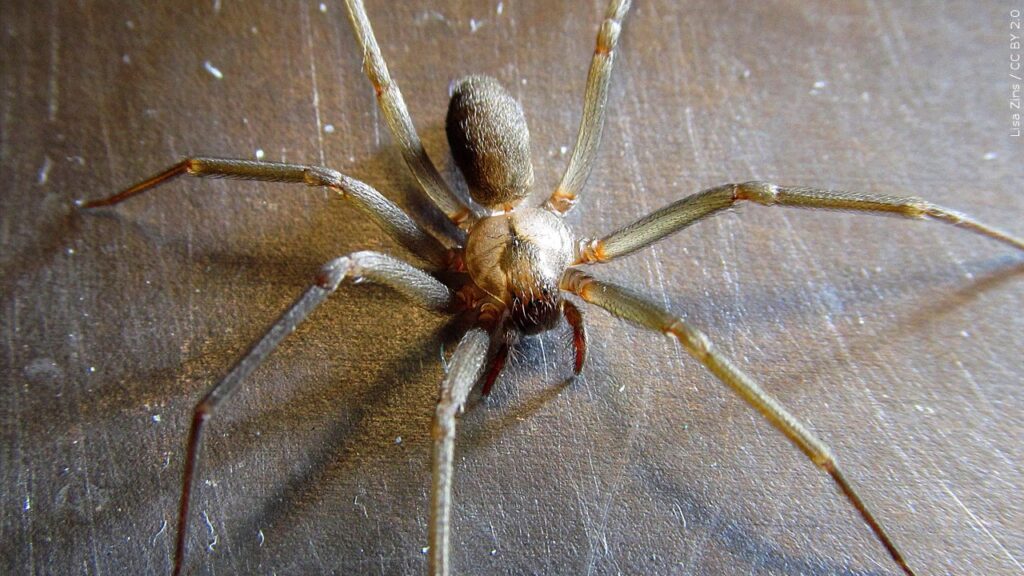(LOOTPRESS) – Decorations featuring ghosts, snakes and spiders are common as Halloween approaches, but poison experts at the Pet Poison Helpline have a more serious warning. Spiders, especially poisonous ones like black widow spiders, are a real threat to pets. . A review of case data by the helpline revealed many reports of suspected black widow spider bites, but diagnosing bites can be difficult.
“While severe reactions to black widow spider bites are rare in humans, pets, especially cats, are at greater risk,” said Dr. Renee Schmidt, senior veterinary toxicologist at the Pet Poison Helpline. . “Bites can be difficult to spot because most pets have thick fur, so veterinarians usually make a diagnosis based on symptoms.” Pets can describe their feelings just like humans do. This makes diagnosis even more complicated.
A recent incident in Reno, Nevada, revealed just how dangerous these encounters can be. A pet owner discovered a black widow spider in her kitten’s vomit. Fortunately, the kitten wasn’t bitten, but Schmidt said the outcome could have been much worse had the poison been injected.
In another case in Vancouver, Canada, a cat named Ice Cream was believed to have been bitten by a black widow spider after she showed symptoms of difficulty breathing and lightheadedness. However, further tests revealed that the cause was not a spider bite, but a bee sting.
Black widow spider venom can cause severe reactions in your pet, including swelling, inflammation, necrosis, and even organ failure. Cats and horses are particularly susceptible to this poison, and in extreme cases, even one bite can be fatal.
Dr. Schmidt stressed that although spiders are most visible around Halloween, they are a danger year-round. “Even in colder climates, spiders overwinter without disappearing. Pets can still encounter them in barns, sheds, and homes. If your pet comes into contact with a venomous spider, contact your veterinarian immediately. Please seek help.”
Pet Poison Helpline encourages pet owners to be vigilant and has launched Toxin Tails, a campaign to share real-life examples of the dangers of poisoning to educate both the veterinary community and pet owners. All pets featured on Toxin Tails have fully recovered after treatment.
For more information about spider bites and other pet poisoning risks, contact the Pet Poison Helpline or consult your veterinarian.

